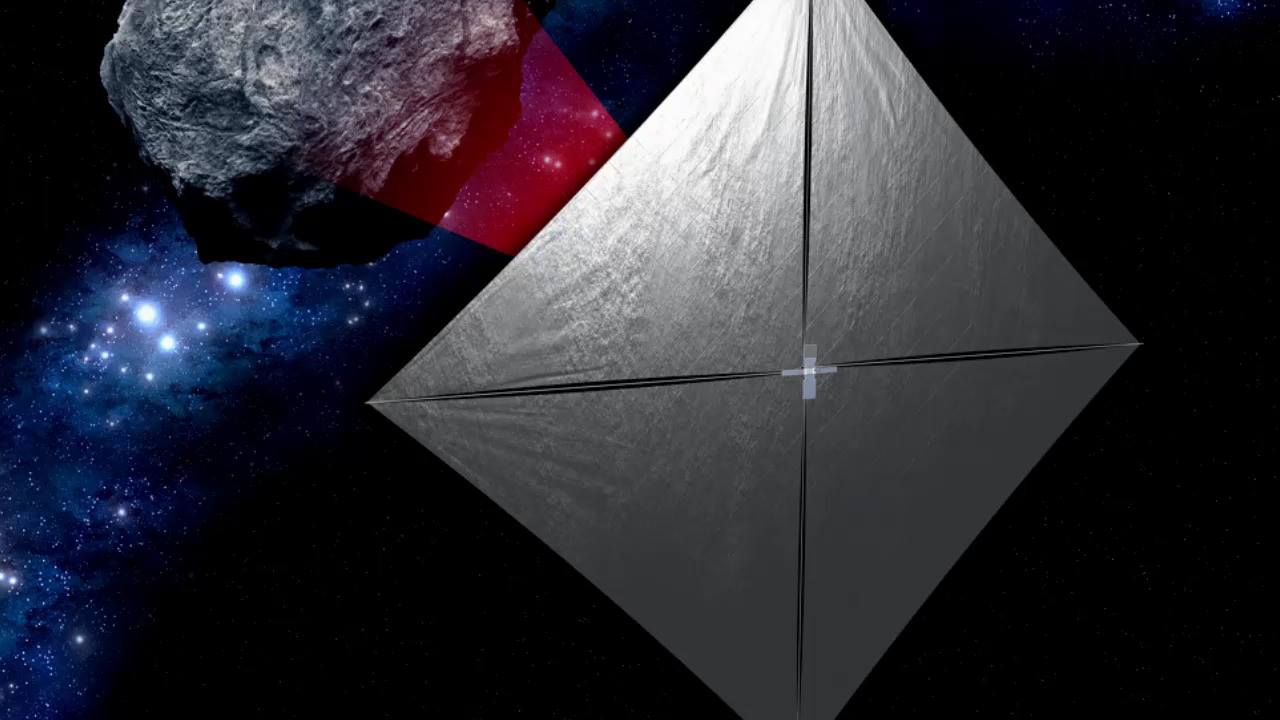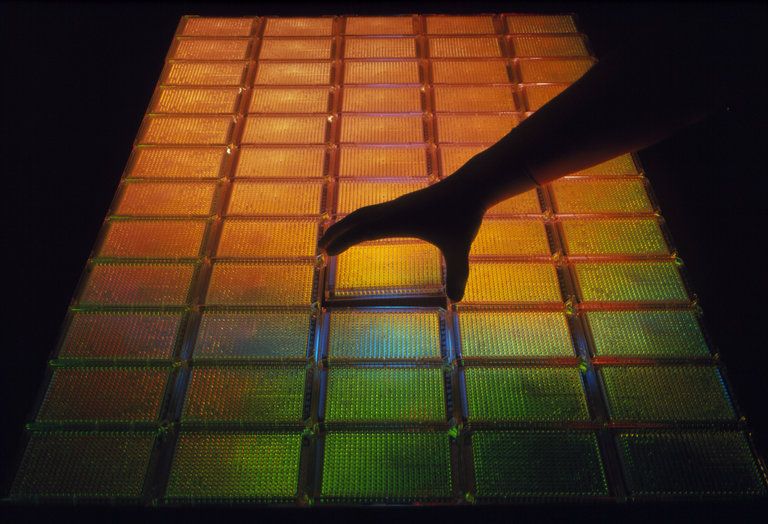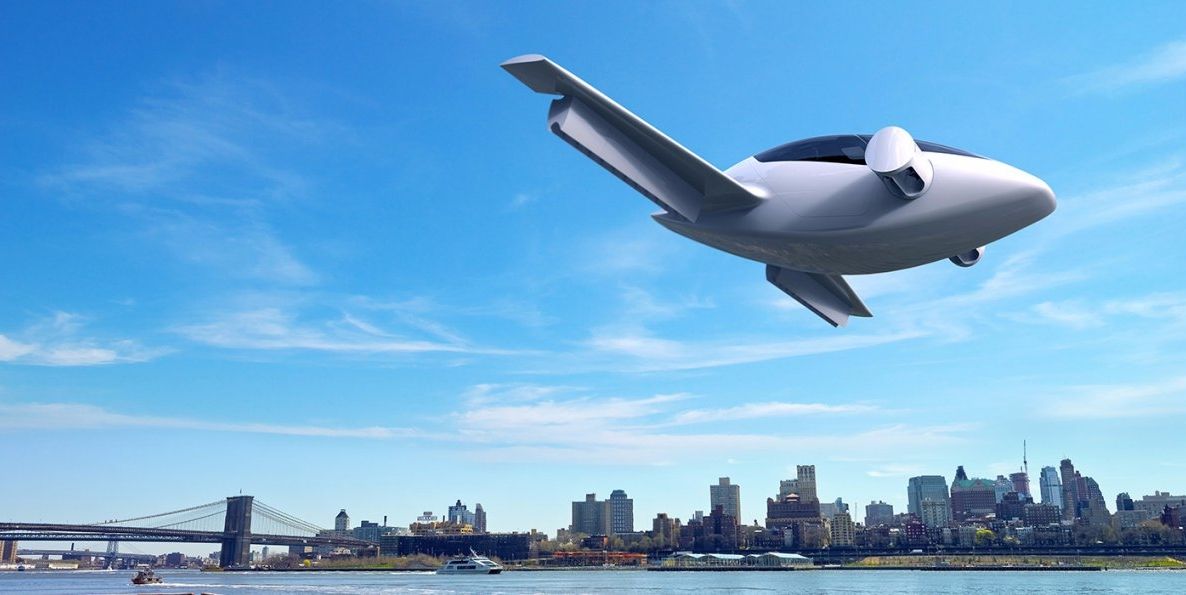Page 11128
May 15, 2016
8.8 billion habitable Earth-size planets exist in Milky Way alone
Posted by Shailesh Prasad in category: alien life
WASHINGTON — Space is vast, but it may not be so lonely after all: A study finds the Milky Way is teeming with billions of planets that are about the size of Earth, orbit stars just like our sun, and exist in the Goldilocks zone — not too hot and not too cold for life.
Astronomers using NASA data have calculated for the first time that in our galaxy alone, there are at least 8.8 billion stars with Earth-size planets in the habitable temperature zone.
The study was published Monday in the journal Proceedings of the National Academy of Sciences.
Continue reading “8.8 billion habitable Earth-size planets exist in Milky Way alone” »
May 15, 2016
Scientists Hold Secret Meeting to Consider Creating a Synthetic Human Genome
Posted by Aleksandar Vukovic in categories: biotech/medical, genetics
George Church, a professor of genetics at Harvard Medical School and an organizer of the proposed project, said there had been a misunderstanding. The project was not aimed at creating people, just cells, and would not be restricted to human genomes, he said. Rather it would aim to improve the ability to synthesize DNA in general, which could be applied to various animals, plants and microbes.
The project poses ethical issues about whether humans could be created without parents.
May 15, 2016
This electric jet can take off vertically but drives like a car
Posted by Shailesh Prasad in categories: computing, transportation
With zero emissions and zero runway, the Lilium Jet will be the world’s first entirely electric jet capable of a vertical takeoff and landing (VTOL). Able to fly up to an altitude of about 9,800 feet, the two-person airplane will have a cruising speed of 180 mph, a maximum speed of about 250 mph, and a range of 300 miles. At the forefront of functionality, the environmentally conscious conveyance will also be able to fold back its wings and be driven as a car.
To provide lift and keep the craft aloft, a series of tiltable electric engines will generate a combined 435 hp. Steering and navigation is done through a computer-assisted control system, and the only requisite to operate the vehicle will be a Sport Pilot License (SPL) requiring a minimum of 20 hours of flight time.
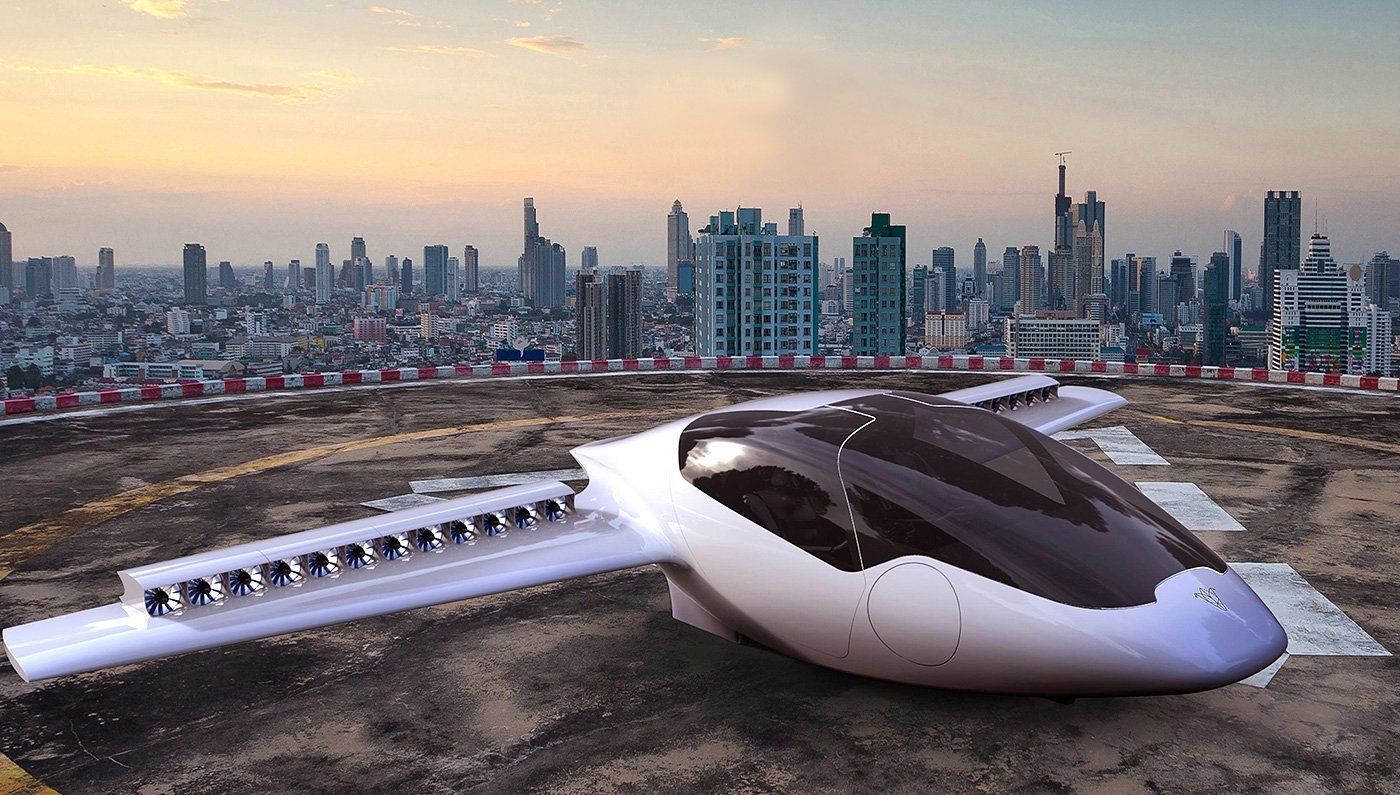
Lilium Aviaiton.
Continue reading “This electric jet can take off vertically but drives like a car” »
May 15, 2016
BMW’s First Self-Driving Car to Come Out in 2021
Posted by Shailesh Prasad in categories: law, robotics/AI, transportation
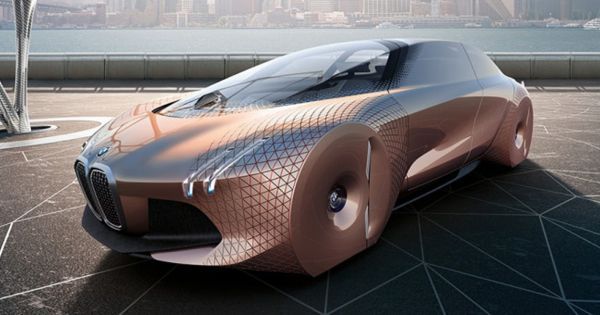
https://youtube.com/watch?v=m3JAtvsqfF8
CEO Harald Krueger has announced a third electric model in their BMW i series: a self-driving, intelligent luxury car named i Next, to be released by 2021.
Shortly after the announcement of its first two electric models i3 and i8, BMW is confirming its release of a third model in its “BMW i” series. Their first self-driving car, called i Next, is an autonomous, intelligent luxury car which will be released in 2021.
Continue reading “BMW’s First Self-Driving Car to Come Out in 2021” »
May 15, 2016
Wormholes could be the key to beating the Heisenberg’s uncertainty principle, say physicists
Posted by Andreas Matt in categories: computing, physics, space, time travel
Time travel seems much more common in science fiction than it is in reality. We’ve never met anyone from the future, after all. But all of the physics we know indicates that wormholes — another science fiction favourite — could really be used to travel backwards in time.
And according to a paper by Chinese physicists, using wormholes for time travel might actually allow us to beat Heisenberg’s uncertainty principle — described as one of the most famous (and probably misunderstood) ideas in physics — and even to solve some of the most difficult problems in computer science.
Wormholes are like portals between two places in the Universe. If you fell in one side, you’d pop out the other immediately, regardless of how far apart the two sides were. But wormholes are also like portals between two times in the Universe. As Carl Sagan liked to say, you wouldn’t just emerge some where else in space, but also some when else in time.
May 14, 2016
Former Game Developer Details the Horrible Torture He Faced in Iranian Prison
Posted by Karen Hurst in categories: entertainment, law enforcement
Amazing story.
His cell was infested with rats, which he had to kill himself using a broomstick.
May 14, 2016
Congress Is Suddenly Interested in Cold Fusion
Posted by Karen Hurst in category: government
Cold Fusion is gaining interest again.
A powerful committee is demanding a report on the technology by the Secretary of Defense.
May 14, 2016
New Technique Enhances Nanomedicine
Posted by Karen Hurst in categories: biotech/medical, materials
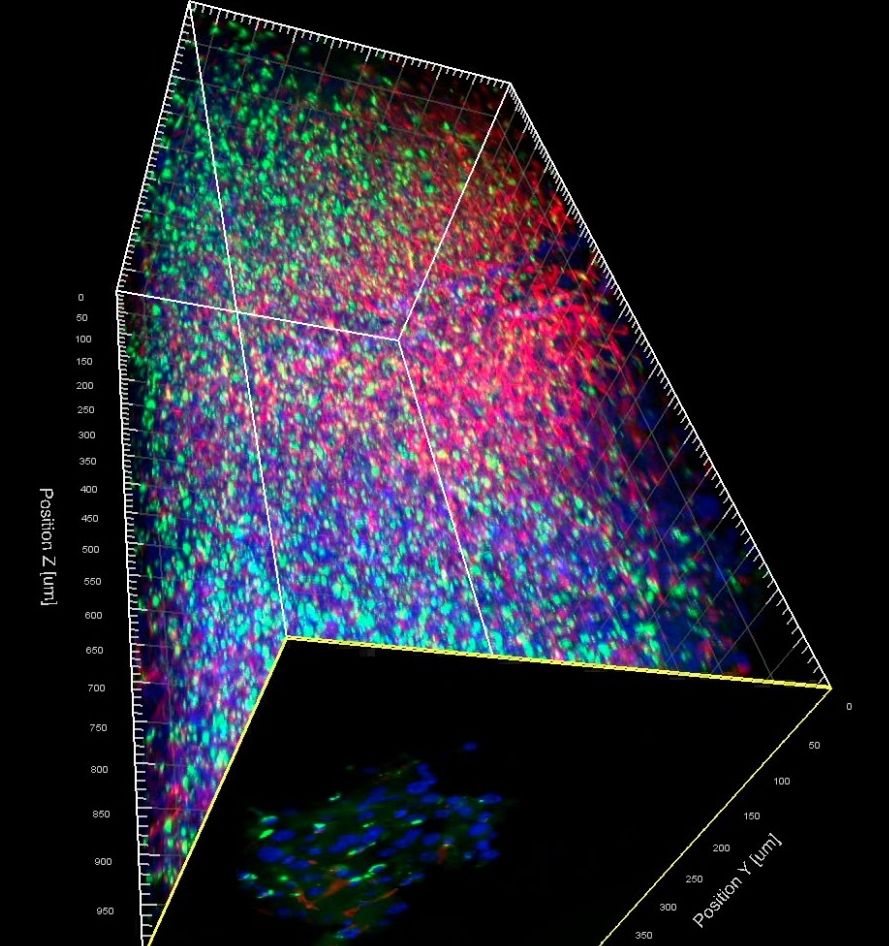
One of the hurdles of realizing the promise of nanoparticles is that scientists can’t view where they go or how the nanoparticles interact with structures once they are inside of the body. A new technique that involves injecting an acrylamide hydrogel into organs and tissues removed from mice allows researchers to image nanoparticles more than 25 times deeper than is possible with current methods, to a depth of more than 1 millimeter. Lipids are what cause tissues to look opaque. By using the hydrogel to bind all of the molecules together except for lipids, which washed away easily, the team, led by Warren C. W. Chan, were able to make the tissues look transparent but remain intact. The work, published in ACS Nano, may help researchers be able to tell if therapy-loaded nanoparticles are delivering the cargo to the desired destination. Check out the video below.
ExclusiveTechnologies.
